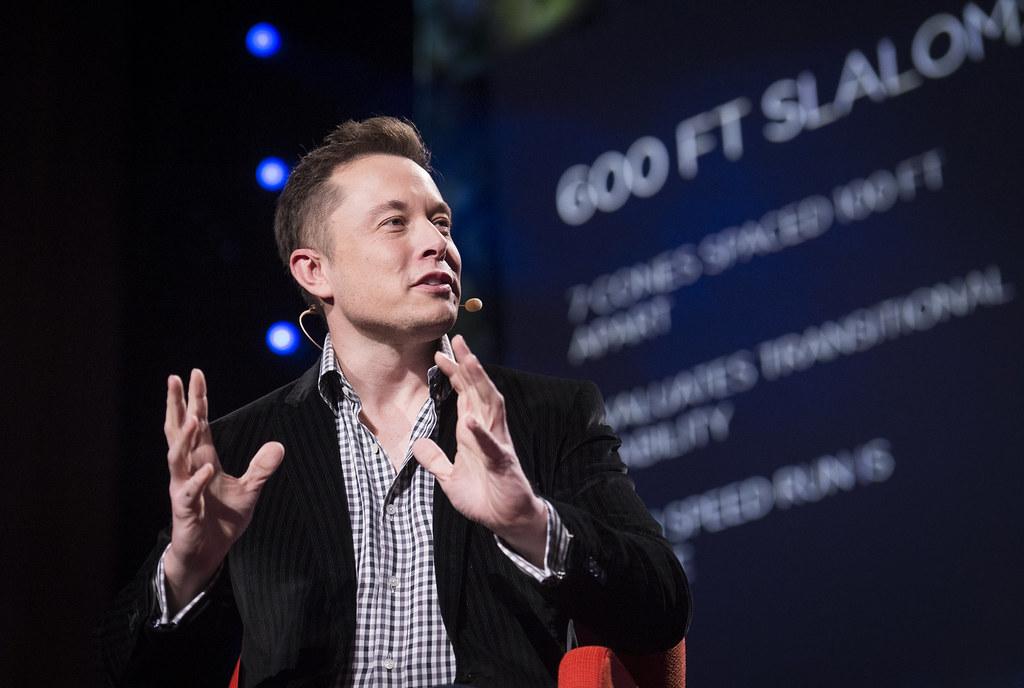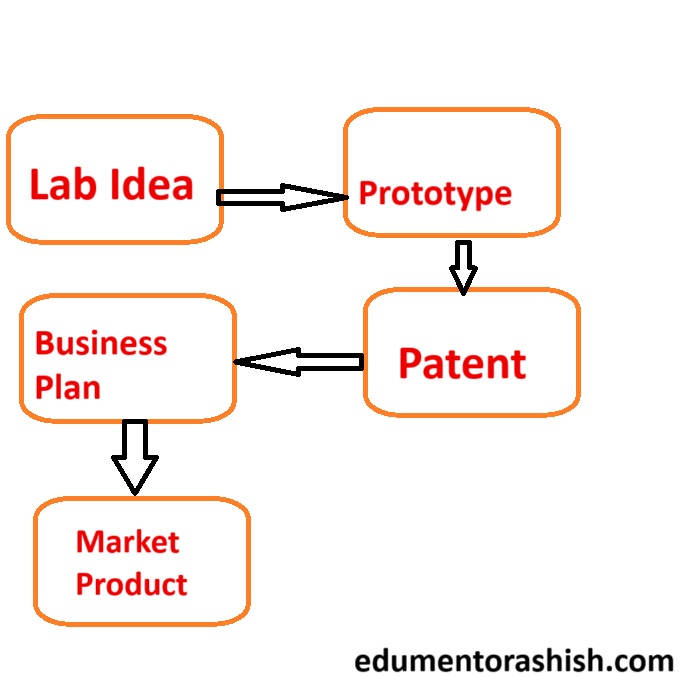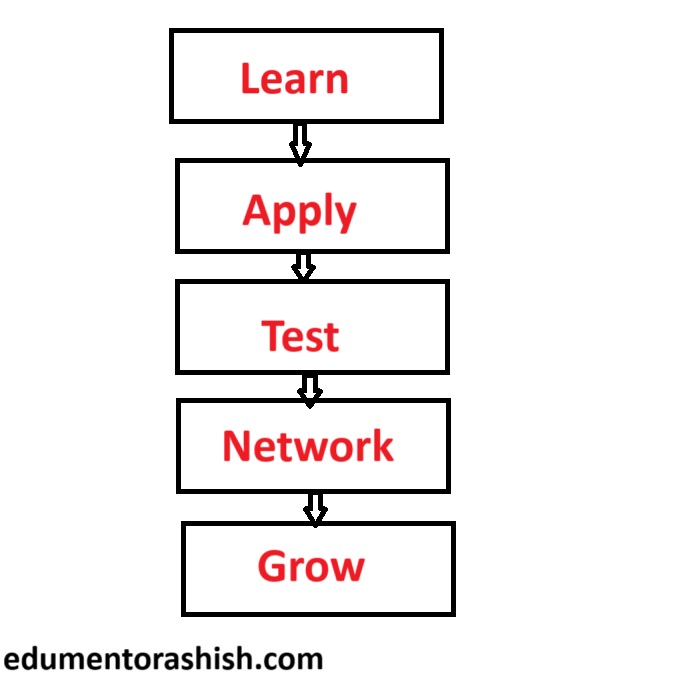A. Introduction
Imagine one day you are working on a project in your college lab and there you make a groundbreaking discovery – a treatment that can improve the lives of cancer patients. But now think, if you don’t know how to patent it, launch it in the market, or sell it…
Then what will happen?
Maybe your discovery will just remain a lab experiment, which only you and your professor will know.
The research that could have changed the world will just be confined to books or lab shelves.
This is the problem many science students face today.
We are innovative, we are good at experiments, but due to lack of business or entrepreneurship skills our discoveries do not reach the market.
Purpose of the Blog
In this blog, we will explain why it is important for science students to learn business skills, whether you are a pharmacy, biotech, medical or engineering student.
• Science + Business = Real Impact
It is often said in the world of research that innovation alone is not enough. Unless you are able to convert your knowledge into a real-world solution and profitable venture, its value will be limited.
• Commercialization is the key
To convert an idea into a product and the product into a market success, business skills are a must.
“Innovation without commercialization is like a seed without soil.” Meaning, if a seed does not get soil, it will never become a plant. Similarly, if innovation does not get the support of business, then it will never grow in the world.

B. Why Science Students Often Ignore Business Skills
Science students have a common pattern – our focus is only on technical knowledge. We are experts in chemicals, formulas, experiments, or coding… But as soon as it comes to finance, marketing or business, we get left behind.
Let’s understand why science students ignore business skills:
1. “Business is non-scientific” mindset
Science students think that business is not their job.
• “We will do research, make products… selling or earning money is the company’s job.”
• Result? Your innovation does not reach the market, and someone else takes advantage of it.
2. Limitation of Academic System
In college we are taught to focus on theory and experiments.
• Topics like patent filing, product launch, or marketing are not a part of the syllabus.
• Then students think that “all MBAs will do this, not us.”

3. Fear of Numbers and Communication
Many science students feel that:
• Understanding finance or accounts is difficult.
• Public speaking or pitching an idea will seem awkward. That is why we stay in our comfort zone limited to the lab.
4. Ability to think of turning innovation into a product
We make discoveries in the lab, but we never think about:
• “How to take it to market?”
• “How to get a patent for it?”
• “How to attract investors?” Result? Your idea keeps collecting dust on some shelf.
C. Historical and Modern Examples –
The biggest lesson for science students is that just inventing is not enough, taking it to the market is the real success. Let’s see some inspiring examples:
1. Thomas Alva Edison – From Light Bulb to Business Empire
We all know Edison as the inventor of the light bulb. But the reality is that Edison was not just an inventor, but also a visionary businessman.

• Edison had 1000+ patents.
• He not only invented the light bulb, but also created a complete distribution system for it – wires, generators, and electrical grid.
• If he had remained confined to the lab, we might have known him as just another scientist.
• Edison started General Electric (GE), which is still a global company.
Lesson:
“Invention + Business = Legacy”
2. Elon Musk – Scientist + Entrepreneur Combo
Elon Musk is a modern example of someone who perfectly combined science and business.
• SpaceX: The ultimate example of rocket science, but Musk made it a private space business.
• Tesla: He not only invented the electric car but became a market leader on the strength of branding and marketing.
• If Musk had remained confined to the lab, his rockets might never have been launched.

Lesson: “Vision and business sense are necessary to take an idea to the market.”
3. Story of Dr. Kiran Mazumdar-Shaw – Biocon
India’s first self-made woman billionaire and queen of biotech.
• Background: A biotechnologist who was initially only doing research.
• But she understood that there would be no impact without converting her science knowledge into business.

• Result: Biocon – an Indian biotech giant that supplies medicines and biologics to the global market.
Lesson: “There is talent in science, but if you have vision in business, the world uses your products.”
4. Steve Jobs – Genius of selling innovation
Steve Jobs was not a scientist, but a perfect combo of an innovator and a business mind.
• Apple products were not just technology, but the magic of design + user experience + marketing.
• Jobs showed that an idea is valuable only as long as people want to buy it.

Lesson: “It is mandatory to have business skills to take science or innovation to the market.”
D. Benefits of Learning Business Skills for Science Students
For science students, learning business skills can be a career-changing decision. Because when you combine your scientific knowledge with business sense, your value increases 10x. Let’s see what are the top benefits of learning business skills:
1. Convert innovation into a real product
• No idea changes the world just by experimenting in the lab.
• When you get to patent filing, prototyping, and commercialization, only then your research becomes a market-ready product.
Example: If Edison didn’t get a patent and a business, the light bulb would probably have been just a science fair project.
2. Better Career Opportunities
• Technical knowledge alone is not enough for R&D or pharma jobs in industry.
• If you understand project management, finance, and market, then you can achieve leadership positions quickly.
Example: A scientist who understands the budget and market impact of his project is faster in becoming a senior scientist or manager.
3. Chance of Entrepreneurship & Startups
• Science students have unique ideas, but they do not have the confidence to make a startup.
• With business skills, you can start your own biotech, health-tech, or ed-tech startup.
Example: Dr. Kiran Mazumdar-Shaw made India a global name by converting his biotech knowledge into Biocon startup.
4. Networking & Leadership Skills Developed
• Learning business skills enables you to confidently talk with investors, clients, and collaborators.
• You become not just a scientist, but a team leader who can also explain his vision.
Example: If Elon Musk had been just an engineer, he probably would not have got funding for SpaceX. His communication and pitching skills made him a global leader.
5. Financial Independence & Smart Decision Making
• Basic knowledge of business helps you understand finance and investments.
• You can convert your research or innovation into a profit-making venture.
• In the long term, it makes you financially independent.
+ Entrepreneurship both options till the job
| Only Science Skills | Science + Business Skills |
| The idea remains in the lab only. | The idea reaches the market |
| Limited to Jobs | Jobs + Entrepreneurship, both options are there |
| Limited impact | Global impact and recognition |
E. Practical Business Skills Science Students Should Learn
Now that we have understood how powerful business skills are for science students, then the next question is – which skills should we learn and how to start?
Here I am telling you 5 practical business skills, which can prove to be a game-changer in the career of science students:
1. Basic Finance & Accounting
• Why is it important?
o You should understand how the cost, profit, and funding of the project work.
o If you launch a startup, then you should know the basic financial terms to talk to investors.
• What should you learn?
o Profit & Loss basics
o Funding and Budgeting
o Investment and ROI (Return on Investment)
2. Marketing & Branding
• Why is it important?
o If you want to launch a new medicine, device, or lab kit…
If people don’t know about it, how will you sell it?
• What do you seek?
o Social media and digital marketing basics
o Branding and product positioning
o How is market research done
Example: Tesla’s electric car concept was brilliant,but branding and marketing made it a premium product.

3. Communication & Negotiation Skills
• Why is it important?
o The biggest limitation of science is that researchers don’t understand their own value.
o If you need to pitch an idea, file a patent, or convince investors, then your communication and negotiation skills should be strong.
• What do you need?
o Public speaking and presentation
o Idea pitching and storytelling
o Negotiation for funding and collaborations
4. Project Management
• Why is it important?
o Every research project is like a mini-business – including budget, timeline, and team management.
• What do you need?
o Planning and scheduling
o Team coordination and leadership
o Tools like Trello, Notion, or MS Project
5. Entrepreneurship & Startup Basics
• Why is it important?
o Science students have unique innovative ideas, but they do not have knowledge of the startup ecosystem.
• What to look for?
o Startup registration and funding process
o How to join incubators and accelerators
o Concept of MVP (Minimum Viable Product)

F. How to Start Learning Business Skills as a Science Student
Now you have understood the importance of business skills and which skills should be learned.
But now the question is – how to start? The good news is that you do not need to take an MBA or full-time business degree. You can develop business skills even by taking small steps.
Step 1: Join Short-Term Online Courses
• Affordable courses are available on platforms like Coursera, edX, Udemy, NPTEL, Webveda.com.
• Recommended Courses:
o Basics of Entrepreneurship
o Financial Management for Non-Finance Students
o Digital Marketing Fundamentals
• Duration: 4-6 weeks courses which you can easily do over the weekend.
• Prerecorded courses are also available, which you can learn according to your time
Step 2: Participate in College Workshops and Hackathons
• Join the Entrepreneurship Cell (E-Cell) or Innovation Hub of your college.
• Get experience of solving real-world problems by participating in Hackathons or startup competitions.
• Here you will learn teamwork, pitching and market research naturally.
Step 3: Read Practical Business Books
Despite having a science background, start with simple and story-based books:
• “The Lean Startup” by Eric Ries
• “Rich Dad Poor Dad” by Robert Kiyosaki
• “Zero to One” by Peter Thiel
These books will teach you a business mindset and how to monetize innovation.
Step 4: Start a Mini-Project or Student Startup
• Start a small project using your subject knowledge.
• Example: Pharmacy students: Make herbal cosmetic or health supplement and test it in the local market.
o Biotech students: Develop a prototype of a college level diagnostic kit.
• Real-world testing will help you understand both business and customer behavior.
Step 5: Networking and Mentorship
• Stay connected with your professors, industry experts, and LinkedIn network.
• With mentor guidance, you can avoid many common mistakes.
• If possible, join a startup incubator.

G. Conclusion
There is a simple truth for Science students: “With knowledge alone, you can become a scientist, but with knowledge + business skills, you can become a world-changer.”
Imagine if Edison had stopped after inventing only the light bulb, it would have taken another 20 years to bring light to the world.
Imagine if Elon Musk had stayed in the lab after designing rockets, the dream of SpaceX would never have been fulfilled.
Imagine if Dr. Kiran Mazumdar-Shaw had been happy just writing research papers, Biocon would not have been a global biotech leader today.
Message for Students:
• The real magic of innovation happens when it changes the lives of people in the market.
• If you are unable to patent, brand, and scale your inventions, their impact will be limited.
• Business skills give you not just money, but confidence, leadership, and real-world impact.
“Science is the engine, but business is the fuel that drives it to the world.” Or in simpler words – “Innovation is successful only when the world uses it.”

Call-to-Action for Students:
Take a small step today:
• Join a free or affordable course,
• Start reading a business book,
• Or think of a mini-project that you can take to the market.
Because science + business = unstoppable success!
You can also visit: Edumentor Ashish





Thank you I have just been searching for information approximately this topic for a while and yours is the best I have found out so far However what in regards to the bottom line Are you certain concerning the supply
Your points are well-articulated and logical.
I just could not leave your web site before suggesting that I really enjoyed the standard information a person supply to your visitors Is gonna be again steadily in order to check up on new posts
Thanks for sharing. I read many of your blog posts, cool, your blog is very good.